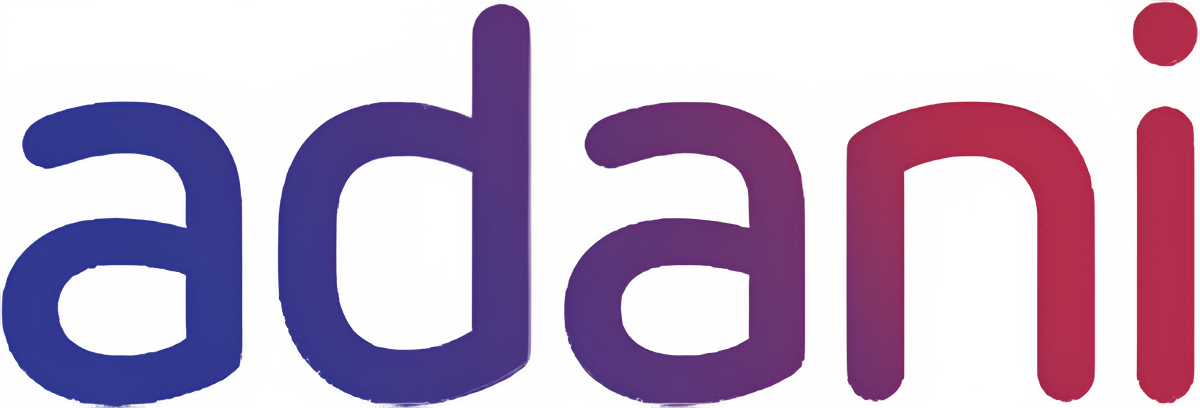Most Important Features of a Successful Fantasy Sports App

Building a successful fantasy sports app requires a comprehensive understanding of user expectations, technology trends, and monetization strategies. Core features such as real-time scoring, dynamic drafting, and customizable leagues are foundational, while advanced capabilities like AI-driven analytics, social sharing, and gamified loyalty schemes elevate engagement and retention. A robust architecture—leveraging microservices, cloud infrastructure, and efficient caching—ensures reliability under peak loads. Choosing the right fantasy sports app development company with domain expertise accelerates development, optimizes costs, and ensures compliance with gaming regulations. While a basic daily fantasy sports MVP can start at USD 50,000, feature-rich platforms often exceed USD 150,000, with post-launch maintenance budgets of 15–20% annually. Below, we explore the most important features—drawing comparisons with leading competitors—and outline best practices for delivering a world-class fantasy sports experience in 2025.
Real-Time Scoring and Updates
At the heart of any fantasy sports app lies real-time scoring, which updates player statistics, leaderboards, and match outcomes within seconds of live events. Users expect instantaneous feedback to make roster adjustments and engage in in-game chat. To achieve sub-second latency, many apps leverage third-party sports data APIs combined with WebSockets or MQTT protocols for push notifications. Caching layers like Redis further reduce database load, ensuring smooth performance during peak traffic—such as major tournament kickoffs.
Also Read: - Why Regular Testing is Essential for Fantasy Sports App Success
AI-Driven Analytics and Recommendations
Advanced fantasy platforms incorporate AI-driven analytics to offer personalized insights—such as player performance predictions, optimal lineup suggestions, and automated trade recommendations. Machine learning models trained on historical performance and real-time data can identify undervalued players or predict breakout candidates, giving users a competitive edge. A dedicated fantasy sports app development company integrates these algorithms alongside explainable AI interfaces, enabling users to understand the “why” behind each recommendation and increasing trust in the system.
Customizable League Formats
Personalization is paramount. Beyond standard head-to-head and public leagues, users demand customizable formats—including private leagues with bespoke scoring rules, salary caps, and draft types (snake, auction, best ball). Offering robust league-creation tools keeps communities vibrant and encourages organic growth through word-of-mouth referrals. The ability to clone existing leagues or import draft settings accelerates setup, while administrative controls for commission rates and payout structures provide flexibility for niche markets.
Also Read: - Best 5 Fantasy Cricket Apps to Watch Out for in 2025
Dynamic Dashboard and Intuitive UI
A dynamic dashboard serves as the user’s command center, aggregating key metrics—such as overall standings, weekly matchups, and player news—into customizable widgets. Drag-and-drop interfaces, dark-mode support, and responsive charts empower users to tailor their experience. Leading apps like ESPN Fantasy demonstrate how intuitive UX design drives engagement, allowing users to swipe between matchups, tap for deeper player analytics, and receive contextual tooltips without leaving the main screen.
Seamless Onboarding and Social Integration
Frictionless onboarding—via social login, email, or phone number—converts new visitors into engaged players. Integrating with platforms like Facebook and Google not only simplifies account creation but also facilitates social sharing of achievements, leagues, and invite-a-friend bonuses. In-app social features (group chats, discussion threads, and emoji reactions) foster communal engagement, turning solitary games into social experiences. Leaderboards segmented by friend circles or regional communities drive healthy competition and increase retention.
Must Read: - Quick Fantasy App Development for IPL 2025 – Launch in One Day
Secure Payments and Prize Distribution
Monetization in fantasy sports revolves around entry fees and prize pools. Incorporating secure payment gateways (Stripe, PayPal) with tokenized card storage and PCI-DSS compliance is non-negotiable. Automated fee collection, escrow management, and immediate distribution of winnings via digital wallets or bank transfers enhance credibility. For high-stakes contests, implementing fraud detection algorithms—such as velocity checks and geolocation validations—prevents abuse and ensures fair play.
Scalability and High Availability
Fantasy sports apps must handle sudden surges—millions of concurrent users—during marquee events. Adopting a microservices architecture, container orchestration (Kubernetes), and cloud auto-scaling (AWS EC2, Azure VMSS) guarantees resilience under load. Stateless services, combined with managed NoSQL databases (Cassandra, DynamoDB) and CDN-backed static assets, minimize latency globally. Continuous integration and deployment pipelines (CI/CD) enable rapid rollouts and rollback capabilities, critical for maintaining uptime during important match days.
Must Read: - Top Fantasy Sports App Development Companies in India 2025
Gamification and Loyalty Programs
To boost lifetime value, apps employ gamification mechanics—such as badges for milestone achievements (e.g., “100 games managed”), streak rewards for daily logins, and tiered loyalty memberships offering reduced entry fees or exclusive contests. Leaderboards track various metrics—most successful drafts, highest single-week scores—encouraging broad participation. Referral incentives, where both referrer and referee receive bonus credits, drive organic user acquisition.
Analytics Dashboard for Administrators
While user-facing dashboards are critical, administrators need insights into overall platform health: DAU/MAU ratios, churn rates, revenue per user, and server performance metrics. Custom analytics portals—built with BI tools like Looker or Tableau—allow non-technical stakeholders to slice and dice data, enabling data-driven marketing campaigns and strategic feature prioritization.
Also Read: - Fantasy Sports App Development: Features, Cost and Future Trends
Legal Compliance and Responsible Gaming
Fantasy sports applications operate in a complex regulatory environment. Ensuring compliance with local gaming laws—such as age verification, geo-fencing, and transparent prize disclosures—is essential. Incorporating responsible gaming features—like deposit limits, self-exclusion options, and timeout reminders—demonstrates social responsibility and builds trust among users.
Cost Considerations
Estimating mobile app development cost varies based on feature complexity and region. A basic DFS MVP—covering user registration, team drafting, and real-time updates—starts at USD 50,000–80,000. Mid-tier solutions adding AI analytics, customization, and social features range USD 100,000–150,000, while enterprise platforms with global scalability and white-label capabilities can exceed USD 200,000. Partnering with an affordable software development company in favorable markets (Eastern Europe, South Asia) can reduce rates to USD 25–50/hr, optimizing budgets without sacrificing quality.
Ongoing Maintenance and Support
Post-launch, continuous improvements are vital. Engaging an affordable software maintenance company ensures timely OS compatibility updates, security patches, feature enhancements, and 24/7 support. Annual maintenance budgets typically allocate 15–20% of initial development costs to sustain high performance and user satisfaction.
Choosing Your Development Partner
Selecting the right fantasy sports app development company is crucial. Look for:
- Domain Expertise: Proven portfolio in DFS or sports betting apps.
- Technical Breadth: Proficiency in microservices, AI/ML, real-time systems.
- UX/UI Excellence: Demonstrated ability to craft engaging, intuitive interfaces.
- Scalability Practices: Experience with cloud-native architectures and auto-scaling.
- Transparent Costs: Clear estimates, milestone billing, and offshore cost advantages.
- Maintenance SLAs: Defined support plans with rapid response times.
Leading firms showcase successful DFS implementations and robust support models. Dinoustech Private Limited, a specialized Fantasy sports app development company, combines deep domain knowledge with cost-effective development and maintenance offerings, making it an ideal partner for both startups and established enterprises.

















